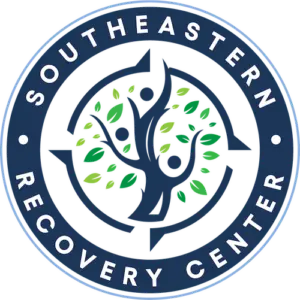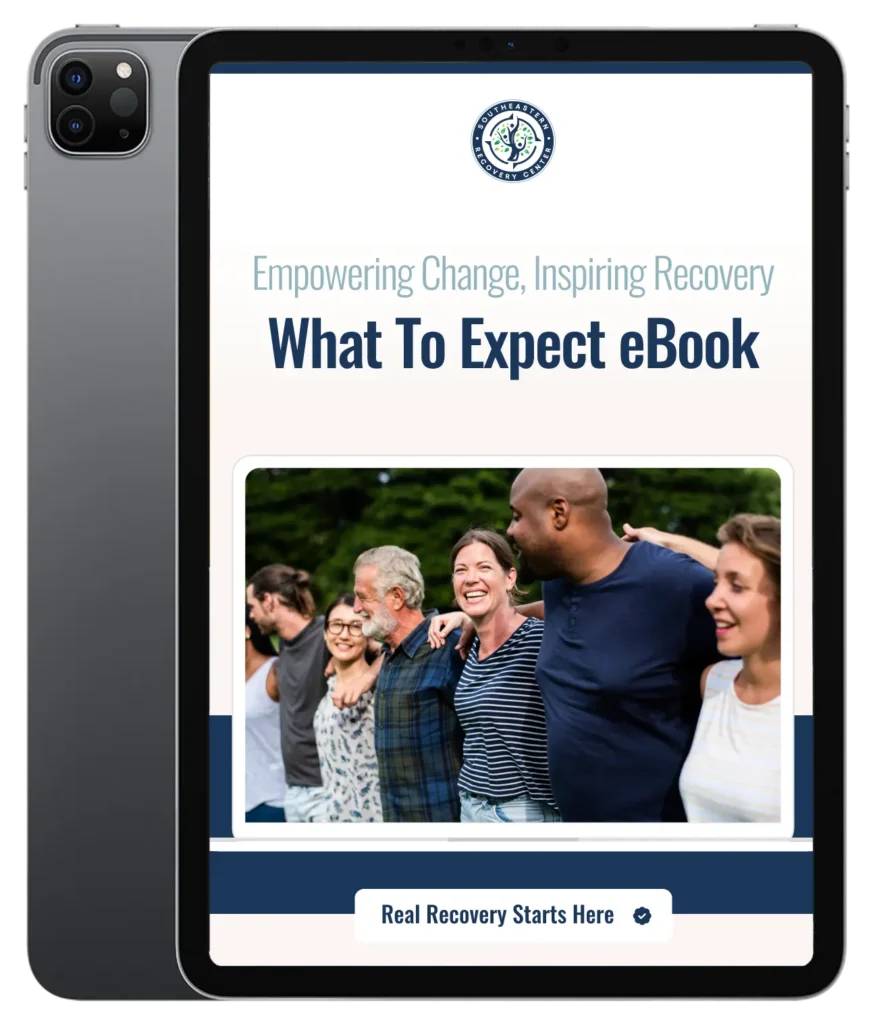You’ve decided you’ve had enough, and it’s time to get clean and sober. But where do you start? Finding a rehab facility in Charlotte that fits your needs can be overwhelming. There are so many options and so much to consider.
You want a place that understands your situation, has experience helping people with addiction, and offers a customized program for your unique challenges. You need a team you can trust, a comfortable environment, and proven methods for beating addiction for good.
North Carolina, particularly Charlotte, has seen a steady rise in drug and alcohol addiction. The statistics are sobering:
- In 2021, over 4,000 North Carolinians died from overdoses.
- Nearly 16% of NC adults binge drink at least once a month, consuming a median of 5-7 drinks per binge.
- There are 670 active rehab clinics in NC, serving almost 50,000 clients annually for drug addiction treatment.
If you or someone you know is struggling with substance abuse in Charlotte, we are here to help. Southeastern Recovery offers individual & group therapy, experiential therapy, aftercare planning, & more to help our clients overcome addiction and find long-term sobriety.
Diverse Approaches to Recovery: Types of Rehab Programs
When it comes to overcoming addiction, one size does not fit all. The good news is there are rehab centers in Charlotte with diverse programs to suit your unique needs.
Inpatient Rehab
For those struggling with severe addiction or who need constant support, inpatient rehab may be best. You live at the facility for the duration of treatment, allowing you to focus fully on your recovery 24/7 with round-the-clock care and supervision. Inpatient rehab typically lasts 30 to 90 days.
Outpatient Rehab
If you want to continue living at home while getting treatment, outpatient rehab could be a great option. You attend counseling and therapy sessions at the rehab center during the day or evening but return home each night. Outpatient rehab allows you to practice what you’ve learned and make lifestyle changes with the support of friends and family. Treatment usually lasts 3 to 6 months.
Dual Diagnosis
For those grappling with addiction and co-occurring mental health issues like depression or anxiety, dual diagnosis treatment addresses both conditions at once. Rehab centers offering dual diagnosis programs provide psychiatric care, therapy, and addiction treatment. Combining these services leads to better outcomes and a higher chance of long-term recovery.
Selecting the Right Rehab Center in Charlotte, NC
Choosing the right rehab center for your needs is an important decision. Several factors should guide your choice.
Accreditation
Look for rehab centers in Charlotte accredited by the Joint Commission or Commission on Accreditation of Rehabilitation Facilities (CARF). Accreditation shows the center meets certain standards of quality and care. Non-accredited centers may lack properly trained staff, evidence-based treatments, and a safe environment.
Treatment Options in Charlotte, NC
The best rehab centers offer a range of evidence-based treatment modalities, including:
- Individual and group therapy
- Medication-assisted treatment
- Holistic therapies like yoga or art therapy
- Family counseling
- Aftercare and relapse prevention planning
A center with more options can customize a program to your unique needs and situation.
Amenities
Consider the amenities and environment. Look for comfortable housing, recreational facilities, and healthy meals. A home-like setting with additional services promotes healing and recovery.
Location
An ideal location is close to your home support network but separated from environmental triggers. Remaining in familiar surroundings maintains connections to family and friends. However, getting away from triggers like old hangouts where you used substances allows you to focus on recovery with fewer distractions or cravings.
Choosing a rehab center is a big step, but by assessing accreditation, treatment options, amenities, and location, you can find the right program and facility for your journey to sobriety. The time you invest in selecting a high-quality rehab center in Charlotte will provide rewards through your lifelong recovery.
Navigating the Path to Sobriety: Stages of Rehab Programs
The path to sobriety is a journey, not a destination. Rehab programs are designed to guide you through early recovery stages in a supportive environment.
Treatment Initiation
The first step is admitting you have a problem and need help. This is often the hardest part but also the most crucial. Seeking treatment at a licensed rehab facility will provide you access to medical care and a customized treatment plan to start your recovery journey.
Early Abstinence
The initial weeks of rehab focus on detoxing your body and abstaining from drugs and alcohol. This difficult stage involves physical and mental withdrawals as your body adjusts. Rehab provides 24-hour medical support, counseling, therapy, and coping strategies to help you overcome cravings and stay committed to sobriety.
Maintaining Abstinence
After the initial withdrawal period, rehab focuses on maintaining abstinence and developing life skills to support long-term recovery. You’ll participate in group and individual therapy, learn strategies to avoid relapse and start planning your aftercare. This stage aims to prepare you for the ongoing sobriety challenge after leaving rehab.
Advanced Recovery
The final stage of rehab prepares you for transitioning back into your normal life without relying on drugs or alcohol. You’ll finalize your aftercare plan, attend 12-step or support groups, and practice applying the skills and coping mechanisms you’ve learned. Although rehab ends, recovery is a lifelong process. You can navigate challenges and stay dedicated to your sobriety with the tools and support you gain.
The stages of rehab may not always follow a linear path. But with a commitment to your recovery and the support of professional help, you can overcome addiction and achieve long-term sobriety. Rehab provides the foundation; you must build the house. Engaging in your aftercare plan and recovery community will help make your house a home.
Overcoming Obstacles in Recovery: Practical Strategies
Overcoming cravings and triggers is challenging but critical in recovery. Here are some strategies to help you stay committed to your sobriety:
Find Accountability Partners
Surround yourself with people who support your recovery. Call a sponsor or accountability partner when a craving strikes or you feel triggered. Let family and friends know how they can support you. Attend support groups to connect with others facing similar struggles.
Avoid Triggers
Stay away from people and places that encourage using. Find new routines and hobbies to fill the time you used to spend using. Call a helpline or do exercises like deep breathing to avoid relapsing in triggering situations.
Manage Cravings
Cravings often pass within a few minutes. Stay busy to distract yourself, go for a walk, or drink some water until the craving fades. Remind yourself why you want to quit and how far you’ve come. Reward yourself for overcoming cravings with an enjoyable treat or activity.
Adopt a Balanced Lifestyle
Exercise, eat healthy, reduce stress, and get enough sleep. Taking good care of yourself will boost your motivation and mood. Stay optimistic; lapses happen, so get back to your recovery as soon as possible. Make progress one day at a time. You’ve got this!
With time and practice, avoiding triggers and overcoming cravings will get easier. But addiction is a lifelong challenge, so vigilance and a strong support system are key. Stay focused on your goals and be kind to yourself.
There are always alternatives to using, even if you have to take things minute by minute. You have so much amazing potential, and there are people here to help you every step of the way.
Sustaining a Life of Sobriety: Long-Term Wellness
Sustaining sobriety is a lifelong journey that requires dedication and perseverance. Ongoing therapy and counseling, whether individual or group, help you strengthen your commitment to recovery.
Attending support groups connects you with others facing similar challenges. Hearing their stories and sharing your own experiences builds accountability and motivation. Groups like Alcoholics Anonymous, Narcotics Anonymous, and Smart Recovery offer free meetings across Charlotte.
Making healthy lifestyle changes improves your well-being and decreases the risk of relapse. Exercise releases endorphins that improve your mood and outlook. Eating nutritious meals gives your body and mind the fuel they need. Picking up hobbies and reconnecting with loved ones who support your sobriety fills your time with meaningful activity.
The journey is challenging, but the rewards of a sober life are well worth the effort. Focusing on personal growth and helping others struggling with addiction gives life meaning and purpose. Though the path is life-long, sustained sobriety is possible by dedicating yourself to ongoing self-care and surrounding yourself with a strong support system. Together, you can overcome it.






